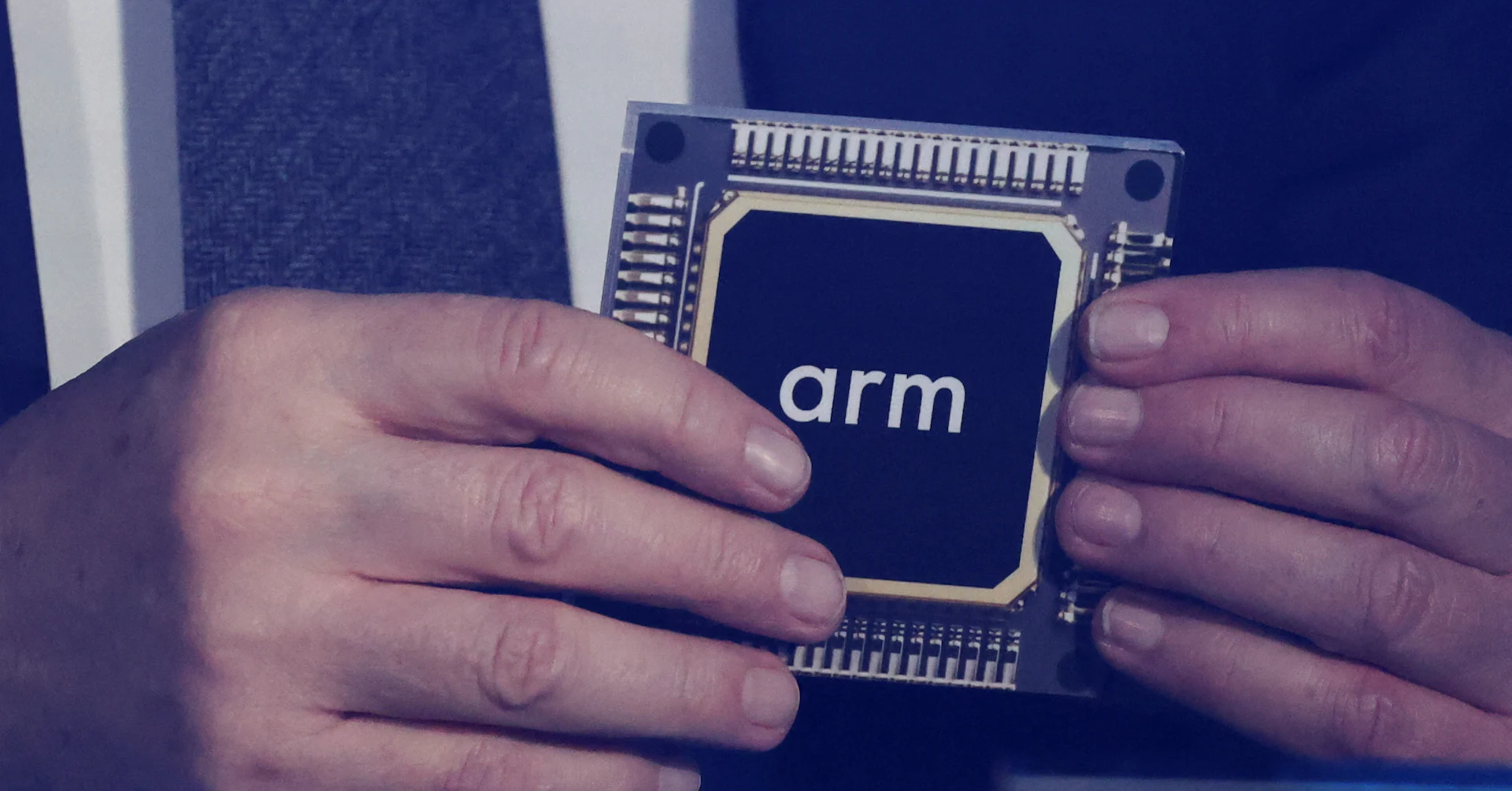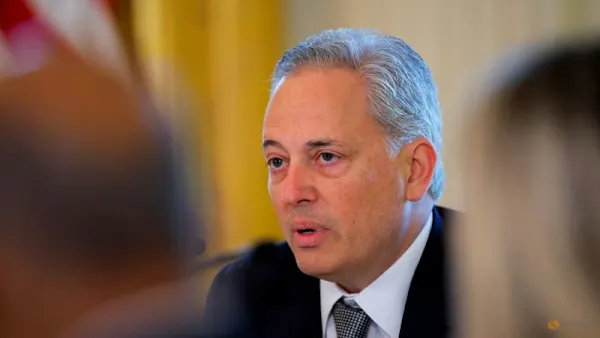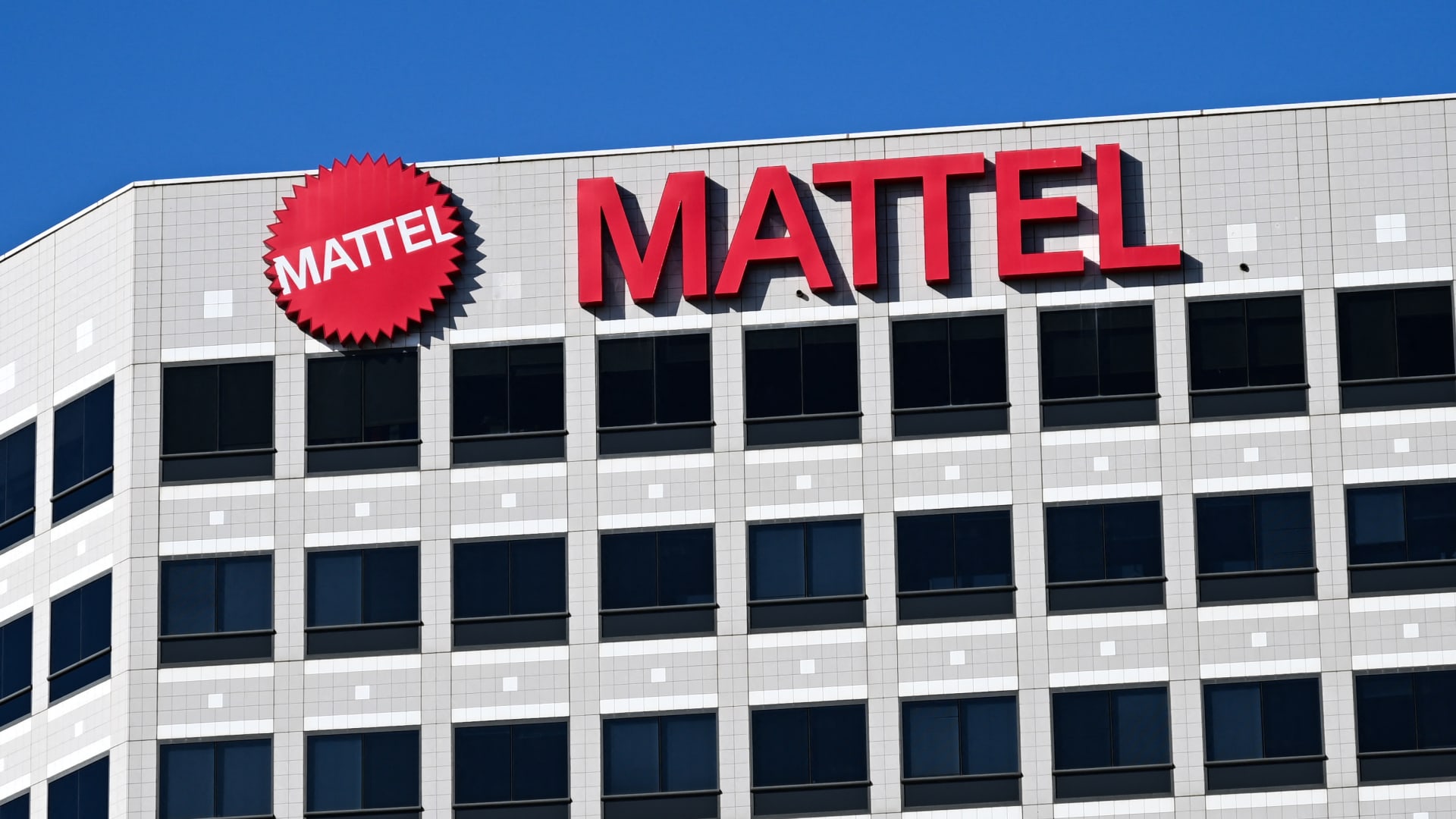Copyright Reuters

Shares of Arm rallied 5% immediately after the report but retraced most of those gains within minutes and up a little less than 2%. Sign up here. For the current fiscal quarter, Arm forecast revenue of $1.23 billion at the midpoint of its guidance, which exceeded the average analyst estimate of $1.1 billion, according to LSEG data. Arm's second-quarter revenue rose 34% to $1.14 billion, higher than analyst estimates of $1.06 billion. "When we think about what's going on with Arm in the data center, we then kind of go back to all of this demand for AI compute - the bottleneck is power." Arm CEO Rene Haas told Reuters in an interview. "That's a good thing for us." The UK chip company reported second-quarter earnings of 39 cents per share, adjusted for stock-based compensation, among other things. Analysts expected earnings of 33 cents a share. Arm generates revenue from licensing fees for its semiconductor designs and collects a royalty for each chip sold that uses its technology. Chips based on its tech often use less energy than those made with competing chip architectures, such as x86 used by Intel and AMD. For the second quarter, Arm reported royalty revenue jumped 21% to $620 million. In the earnings release Arm said that it saw growth across all of its target markets such as smartphones, data center and automotive. Licensing revenue climbed 56% to $515 million in the second quarter. The company said the jump was largely due to the timing of high-value contracts. The company’s designs power nearly every smartphone in the world, and the company has attempted to make headway in data centers and other markets. Chips with Arm technology generate $200 billion a year of revenue for the many chipmakers that sell them, according to research from TD Cowen. Haas called the finished chips the physical embodiment of a product Arm already sells called Compute Sub Systems (CSS). The company has taken steps to build out a team of executives and engineers in order to develop its own chips. Reporting by Max A. Cherney in San Francisco and Juby Babu in Mexico City; Editing by David Gregorio Our Standards: The Thomson Reuters Trust Principles., opens new tab Max A. Cherney is a correspondent for Reuters based in San Francisco, where he reports on the semiconductor industry and artificial intelligence. He joined Reuters in 2023 and has previously worked for Barron’s magazine and its sister publication, MarketWatch. Cherney graduated from Trent University with a degree in history.



